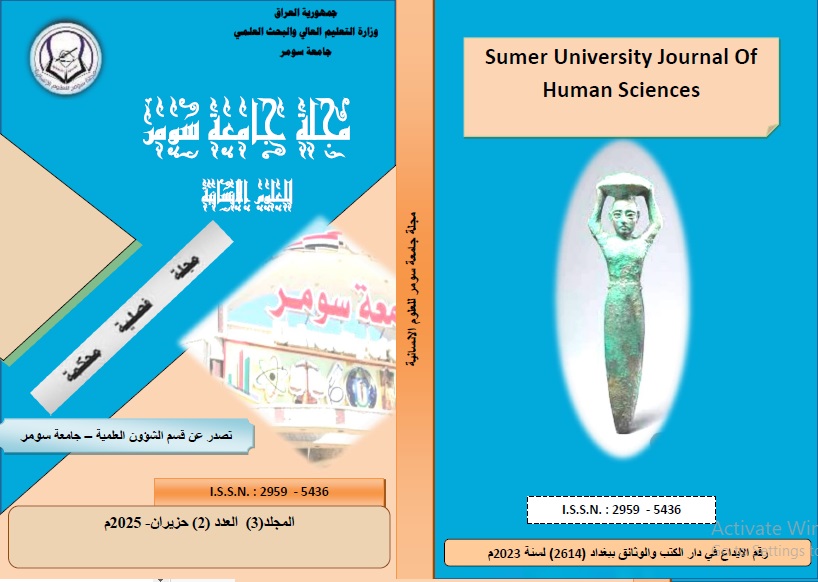The storming of the Sikh Golden Temple in India in 1984: A study of causes and consequences
Keywords:
Sikhism, India, Golden TempleAbstract
Since the beginning of India's independence, the partition was an ally of that newborn state, which raised the fears of some minorities and the desire of others to take the same step, especially since the Indian government did not embrace those minorities in most cases, which led to many attempts at secession, due to language, religion or other, the most prominent of which was the Sikh movement in Punjab. The demands of the Sikhs were simple at first, but they quickly increased and branched out, with the hope of obtaining self-rule. The response of the Indian government was very harsh to the point that it did not respect the religious privacy of the temple and did not differentiate between civilians and militants. The material, moral and human losses affected both parties, as the Sikh leaders lost their lives, and the Prime Minister later suffered the same fate, which led to massive chaos in India, especially towards the Sikhs. The security apparatus was not up to the responsibility, and did not treat the people professionally and neutrally, but rather the feeling of religious identity overwhelmed them .


